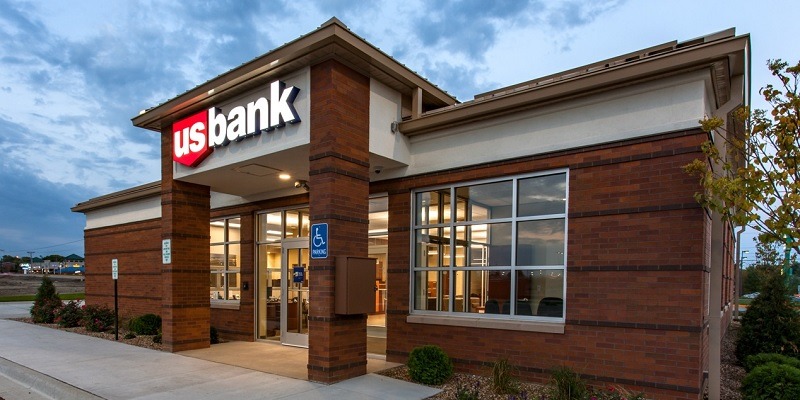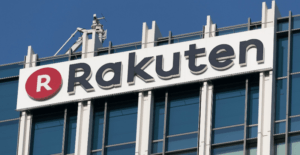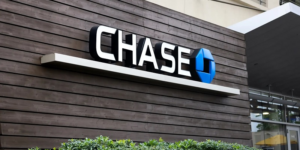
Account holders are able to take advantage of these services by purchasing items like a US Bank cashiers check when they are interested in making transactions that require certified funds. US Bank’s cashier check fee is $8 per check, however there are more to a cashier check than their fees.
Continue reading our guide below to get a better understanding to what a cashier’s check is, how to get one and when to use it is just as important.
What is a Cashier’s Check?
Cashier’s checks are checks that draw on the bank’s own funds to make the payment. Your bank or credit union prints a document with the name of the recipient (or payee) and the amount, and the recipient uses that document to collect funds from your bank.
Cashier checks are usually used for large purchases or important fees that requires a guaranteed payment such as real estate or apartment lease deposits.
How to Order US Bank Cashier’s Check
A US Bank cashiers check can be purchased at any branch during normal business hours by entering the lobby and talking to a teller. To be get a US Bank Cashier’s check, you’ll need a checking or savings account to pull funds from.
If needed, you can also open a new account with sufficient funds to cover the check. Whichever way you choose, make sure that you have the full amount available in your bank account.
How to get a Cashier’s Check from US Bank:
- Personal ID like a driver’s license or a passport
- Account number or ATM card
- The check recipient’s information, including their bank account and routing numbers
- $10 for US Bank’s cashier’s check fee.
Compare US Bank Cashier Check’s Fees with Other Banks
Most banks and credit unions offer cashier’s checks and certified checks, but note all offer both, and some use a different name, “official checks.” Make sure to ask your bank for availability and pricing! Many sell them only to account holders, so they might offer you with reduced fees or no fees!
| Financial Institutions’ Cashier’s Check Fees and Options to Waive Them | ||
| Financial Institution | Cashier’s Check Fee | Options To Waive Fee |
| US Bank | $10 | No fee for Performance and Select checking, Virtual Wallet Performance and Performance Select accounts |
| Bank of America | $15 | No fee Preferred Rewards customers |
| Chase Bank | $8 | No fee for Premier Plus and Sapphire checking accounts. |
| Wells Fargo | $10 |
No fee for Preferred checking account
|
| Capital One | $10 | Can’t escape it |
| Ally Bank | $0 | N/A |
| Navy Federal Credit Union | Two free cashier’s checks per day, then $5 each | Avoid going over two cashier’s checks per day |
How to Avoid Cashier’s Check Scams and Fraud
A cashier’s check is issued by the bank and not drawn from your personal account. Although cashier’s checks are normally considered safer than a personal check, they are also used in check scams that leave their victim responsible for paying back the money the scammer took.
Check Overpayment Fraud
Usually happens with an online purchase, when the customer sends a cashier’s check for more money than is requested and asks the seller to perform a specific action with the extra money.
So if you’re wanting to sell an item for $800 and the customer wants to send you a cashier’s check for $1,500, with the extra $700 to go to the movers who are going to pick up that item.
Foreign Lottery Scams
This type of scam can take many forms. Some of which can include a scammer claiming that they have won a lottery, inherited money, or saving a large amount of money in the bank.
They will tend to ask you to deposit a cashier’s check and wire a portion of it back to them. The check won’t clear, and the victim will have lost the portion they wired.
Secret Shopper Scam
The job of a mystery shopper is to make purchases and then filling out reports about their experience. Legitimate companies will use this method when they want to see how their stores are doing.
Scammers exploit this by hiring mystery shoppers for a fake bank or wire transfer service. The shopper gets a check to deposit in his account and is asked to wire funds to a third party.
Read our full guide on How to Avoid Cashier’s Check Scams and Fraud.
Alternative Payments
There are other ways to use as a payment alternative to a cashier’s check. While some have similar benefits, they also have many differences.
- Personal Checks: Personal checks are paper checks that are used between individual transfer of money. You fill in information on the check like to whom the check is going to and the amount being paid. You then hand it to whoever you’re paying and they’ll turn it into the back, either physically or by remote deposit.
- Certified Checks: A certified check is when the check has already been validated by the bank (meaning that there is a sufficient amount of funds in the account) and has been approved for transaction. So whoever receives that check can be sure that the check will not be returned and it won’t bounce, so long as the check itself is real and not a fake.
- Money Order: Money Orders are a printed order for payment of a specified sum, issued by a bank or post office. Similar to check they are used for payment but can be easily tracked and canceled. All you have to do is fill out the name of the recipient on a form and the amount the recipient should receive.
- Wire Transfers: Wire Transfers are used to transfer funds directly from one bank account to another, requiring only an account and routing number. It’s an immediate process, so the transfers are processed in real time.
 |
 |
Bottom Line
Cashier checks are the most secure payment method for large amounts since there’s no ceiling on the amount you can get one for like there is with money orders. They come with almost immediately available funds and little risk of check bouncing.
Especially if you’re purchasing real estate and may be the only payment method accepted.
You can learn earn more about US Bank and keep up with the latest US Bank Promotions.
If you’re interested in more bank promotions, check out the latest bank bonuses here!




Leave a Reply